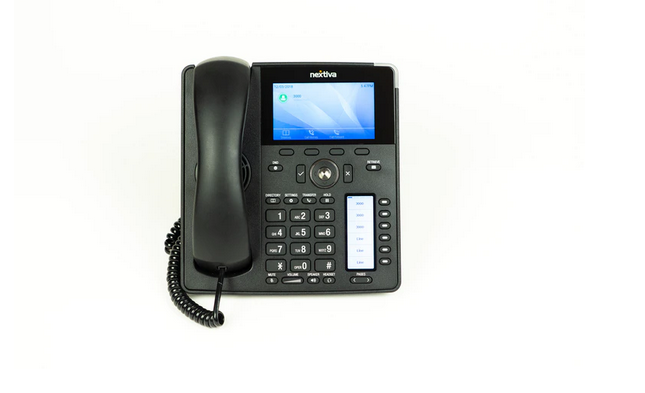Did you know that Blockchain is one type of DLT? Bitcoin trading is possible with this technology. Even the AI-based bitcoin trading app like the yuan pay group reaps the benefit of DLT. But what is DLT? Distributed ledger technology (DLT) is a term used to describe various technologies that allow for the sharing of digital data among a network of participants. DLT has become popular in recent years because it offers several benefits, including security, efficiency, and transparency. This guide will discuss DLT in more detail and explain how it can benefit you and your business.
Overview of DLT
 As we mentioned, DLT is an umbrella term that is used to describe a variety of different technologies. But at its core, DLT is a way of storing and sharing data across a network of computers or “nodes.” DLT can be used for various applications, including financial transactions, identification management, and supply chain management.
As we mentioned, DLT is an umbrella term that is used to describe a variety of different technologies. But at its core, DLT is a way of storing and sharing data across a network of computers or “nodes.” DLT can be used for various applications, including financial transactions, identification management, and supply chain management.
DLT is different from traditional databases because it is distributed, meaning it is not stored in one central location. Instead, DLT uses a network of computers to store and share data.
The Mechanism Behind DLT
In detail, DLT works not like magic. It needs a specific protocol or set of rules that network participants must follow to add data to the DLT. For example, in a DLT system, each participant would have a copy of the DLT data. When someone wants to add new data, they must first get approval from the other participants. Once the new data is approved, it can be added to the DLT. This process is known as consensus. Consensus is an essential concept in DLT because it helps to ensure that the data on the DLT is accurate and up-to-date.
The Pros and Cons of DLT
And that’s precisely the reason why DLT can offer a number of advantages. These include improved security and efficiency. DLT is also often said to be more transparent than traditional databases because it is decentralized. Moreover, DLT can help to reduce the risk of fraud and corruption. However, DLT is still a relatively new technology, and some challenges need to be addressed before it can be fully adopted. For example, DLT systems can be slow and expensive to set up. Additionally, not all DLT systems are created equal, and some are more secure than others.
In fact, DLT definitely has a lot of potential, but it is essential to do your research and understand the pros and cons before you decide if it is right for you and your business. Also, keep in mind that DLT is constantly evolving, and new applications and use cases are constantly being discovered. This technology might be right for you today, but it might not be suitable for you tomorrow.
…


 As the name suggests, VoIP telephones use internet protocol when making calls. Instead of the telephone lines, communication data is turned into packets and sent on the IP network. The IP network for your business can be the internet connection, direct IP connection to telephone service, or both. IP connections are necessary since the quality of service is guaranteed. With the traditional telephones, a line needs two callers to communicate, making long-distance calls expensive.
As the name suggests, VoIP telephones use internet protocol when making calls. Instead of the telephone lines, communication data is turned into packets and sent on the IP network. The IP network for your business can be the internet connection, direct IP connection to telephone service, or both. IP connections are necessary since the quality of service is guaranteed. With the traditional telephones, a line needs two callers to communicate, making long-distance calls expensive.